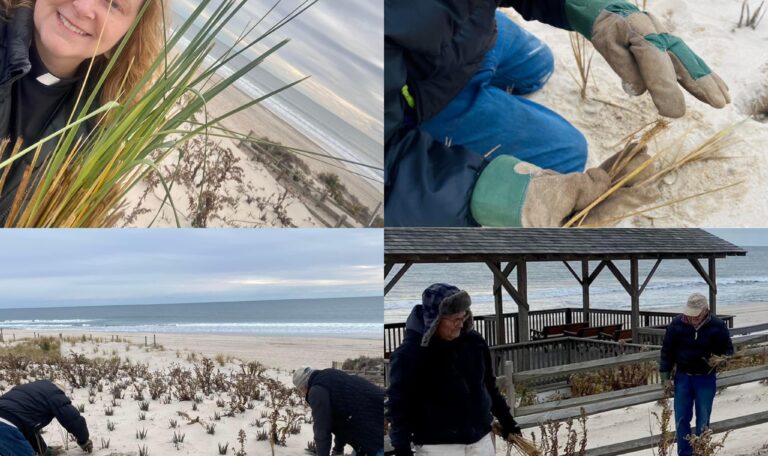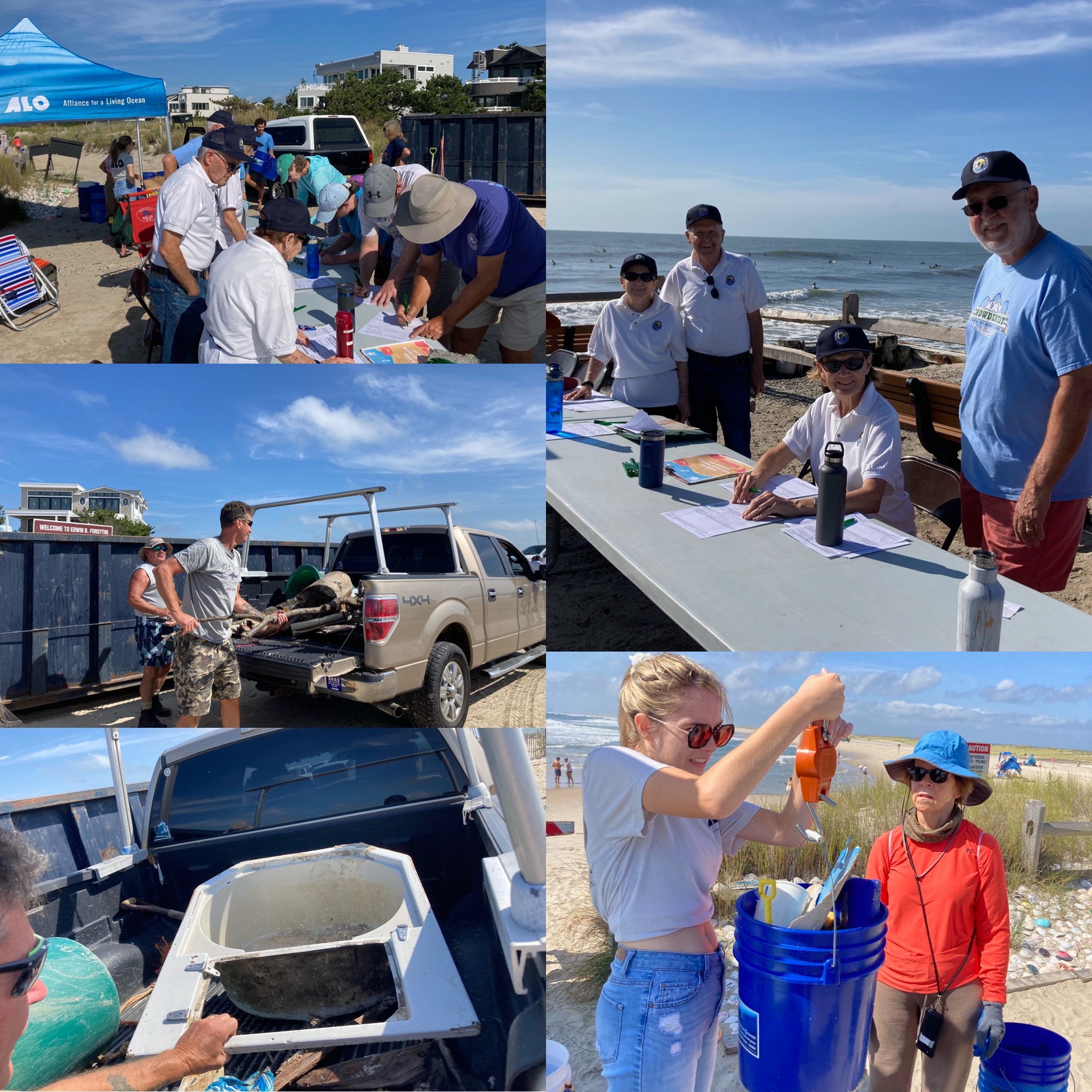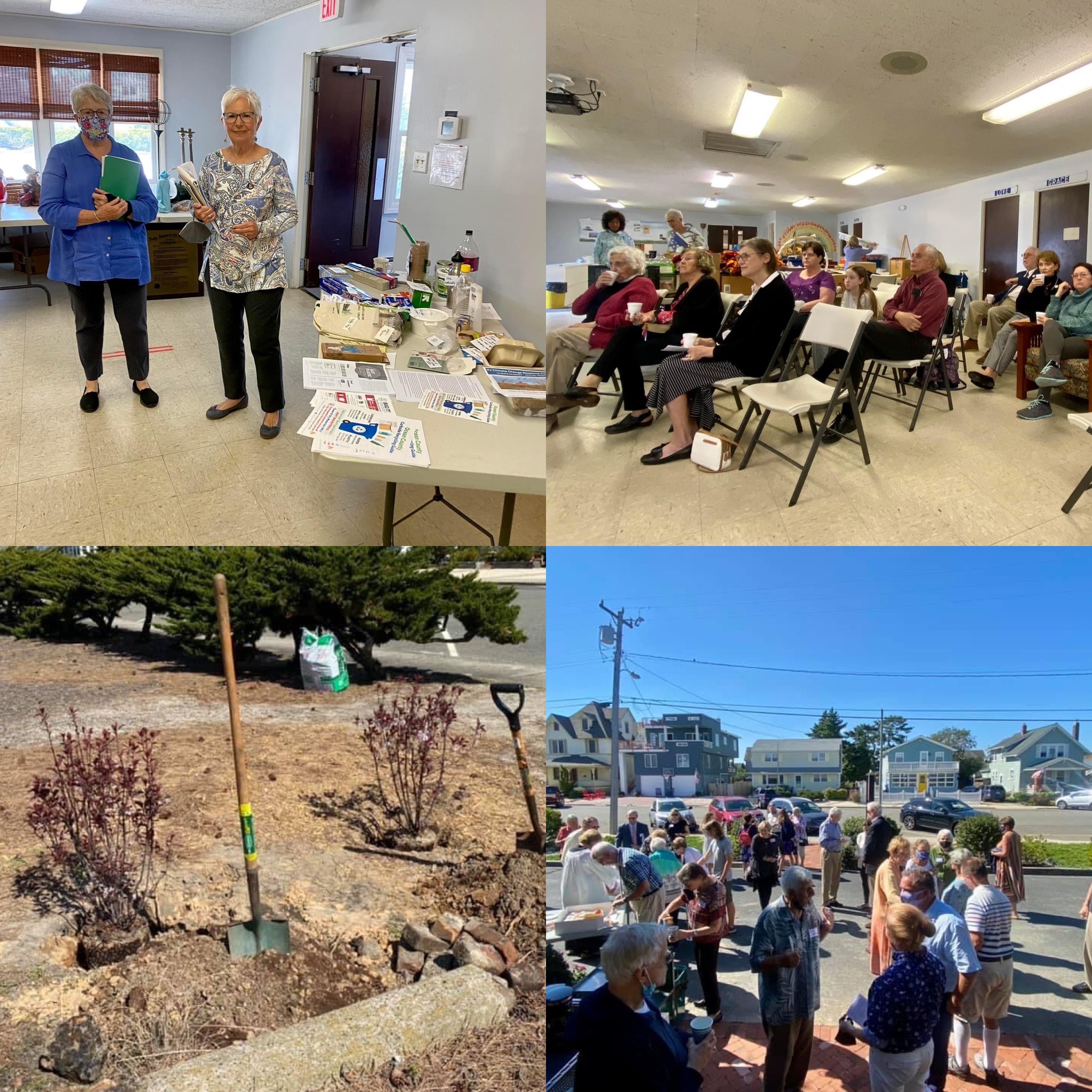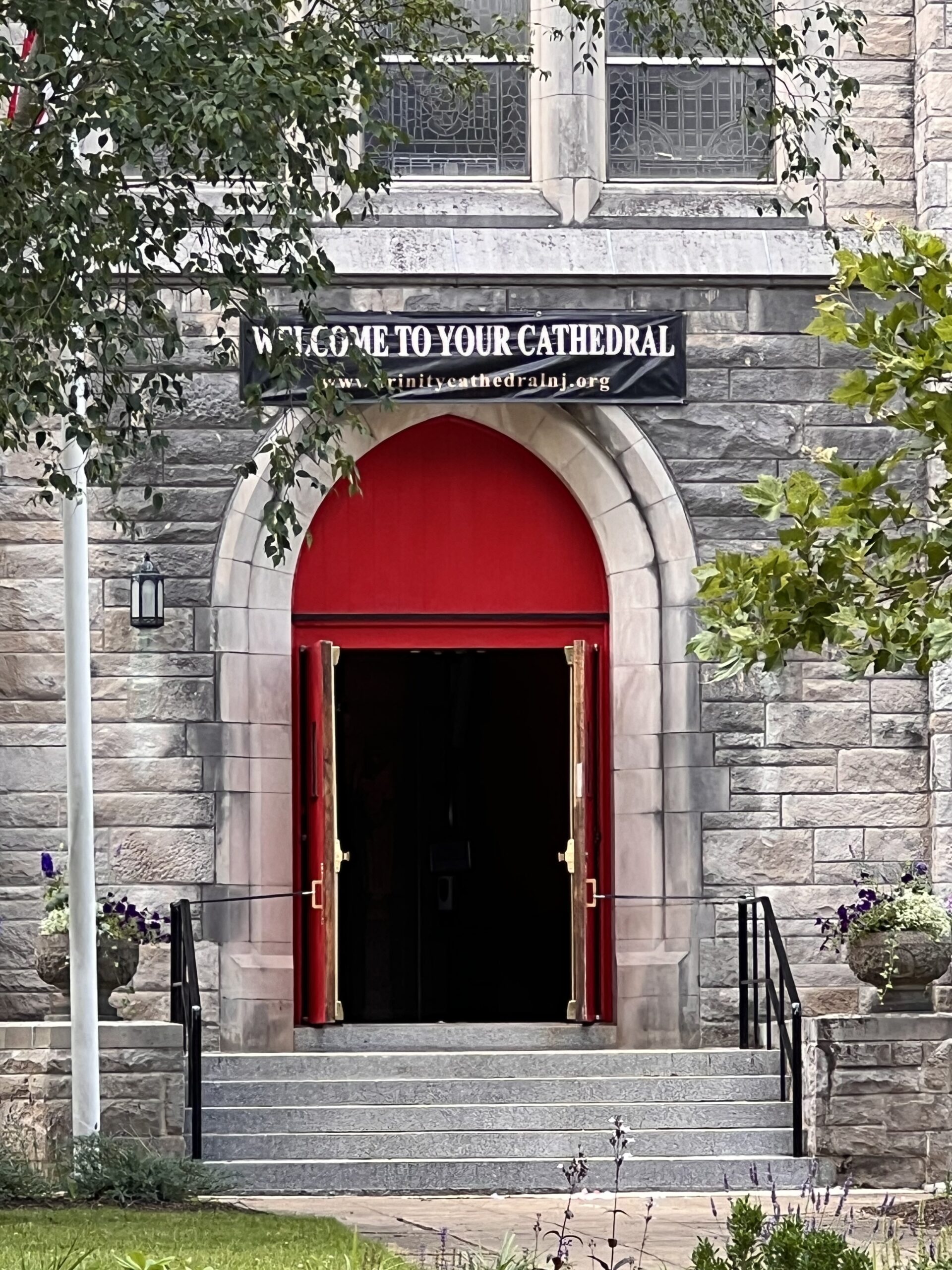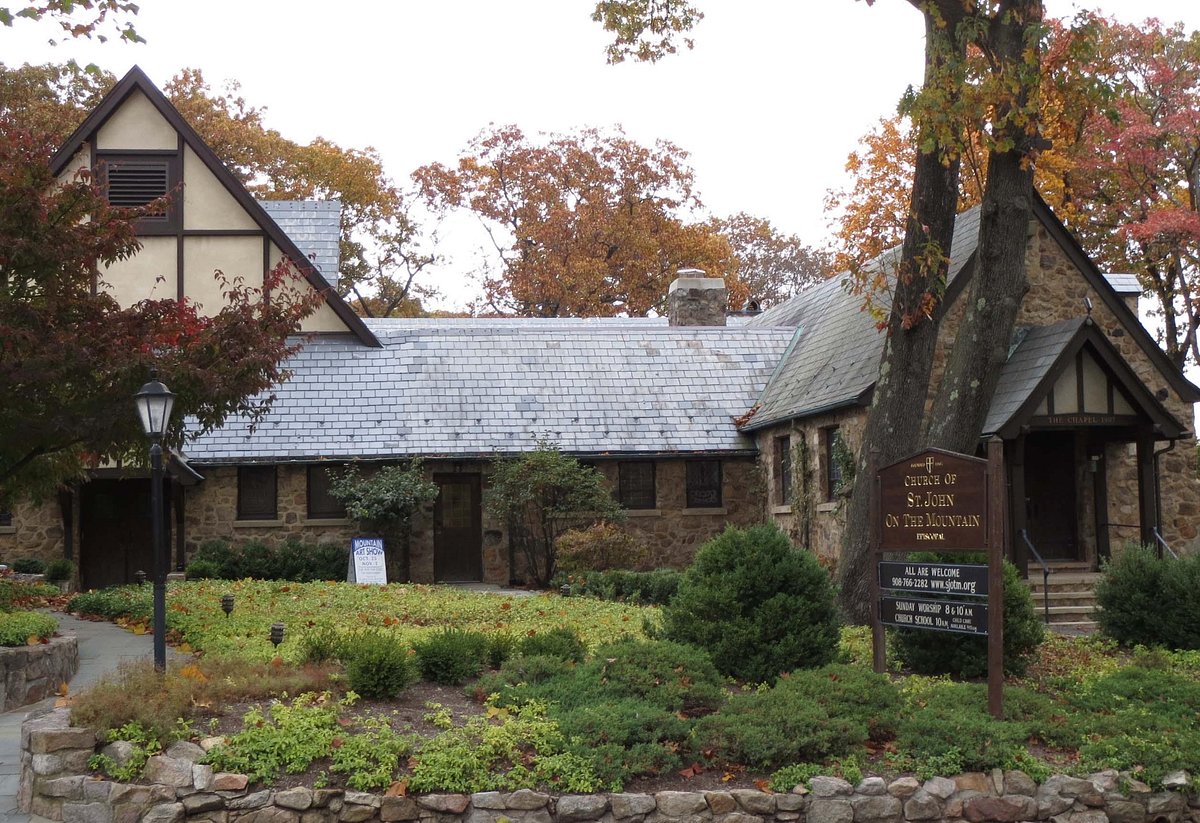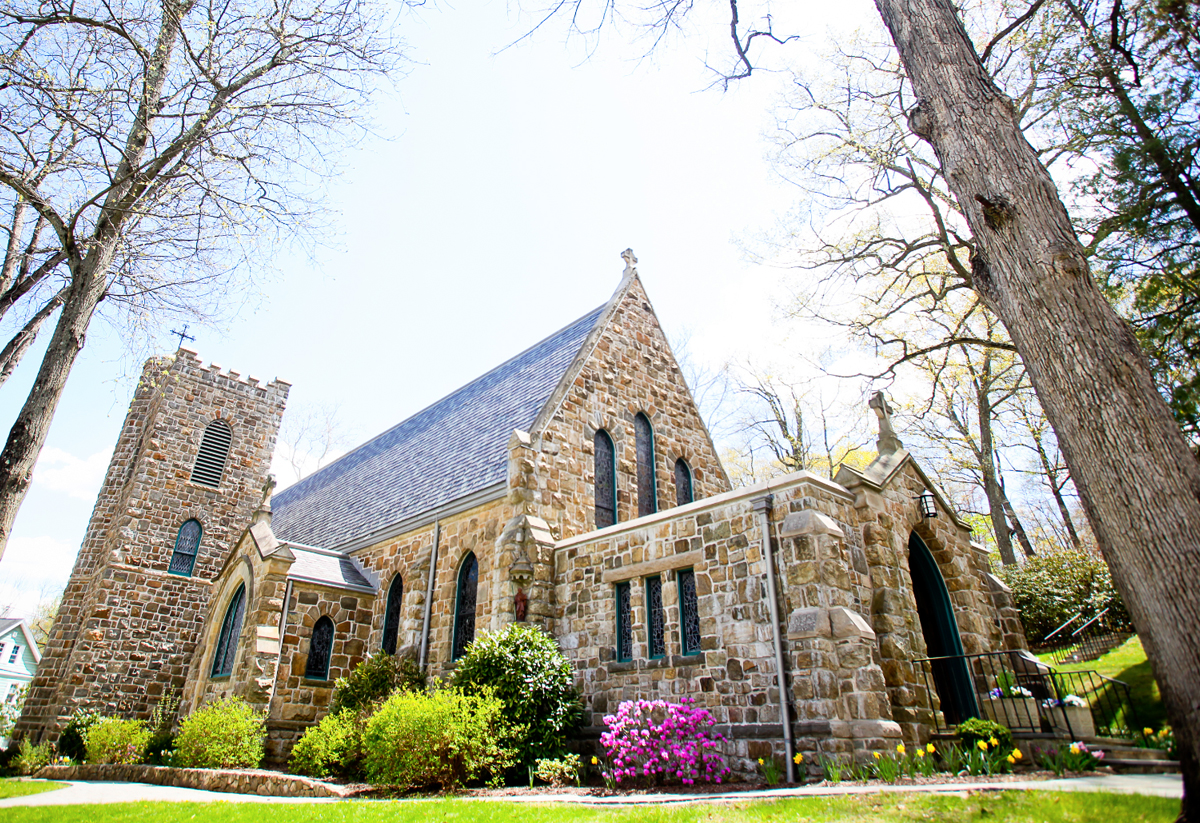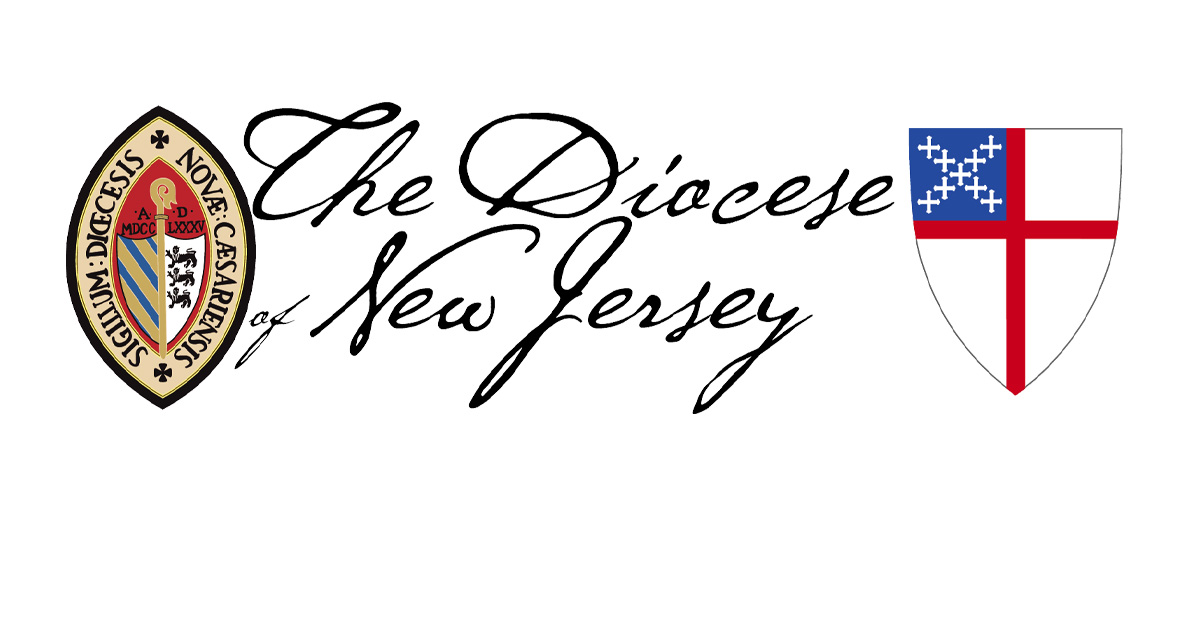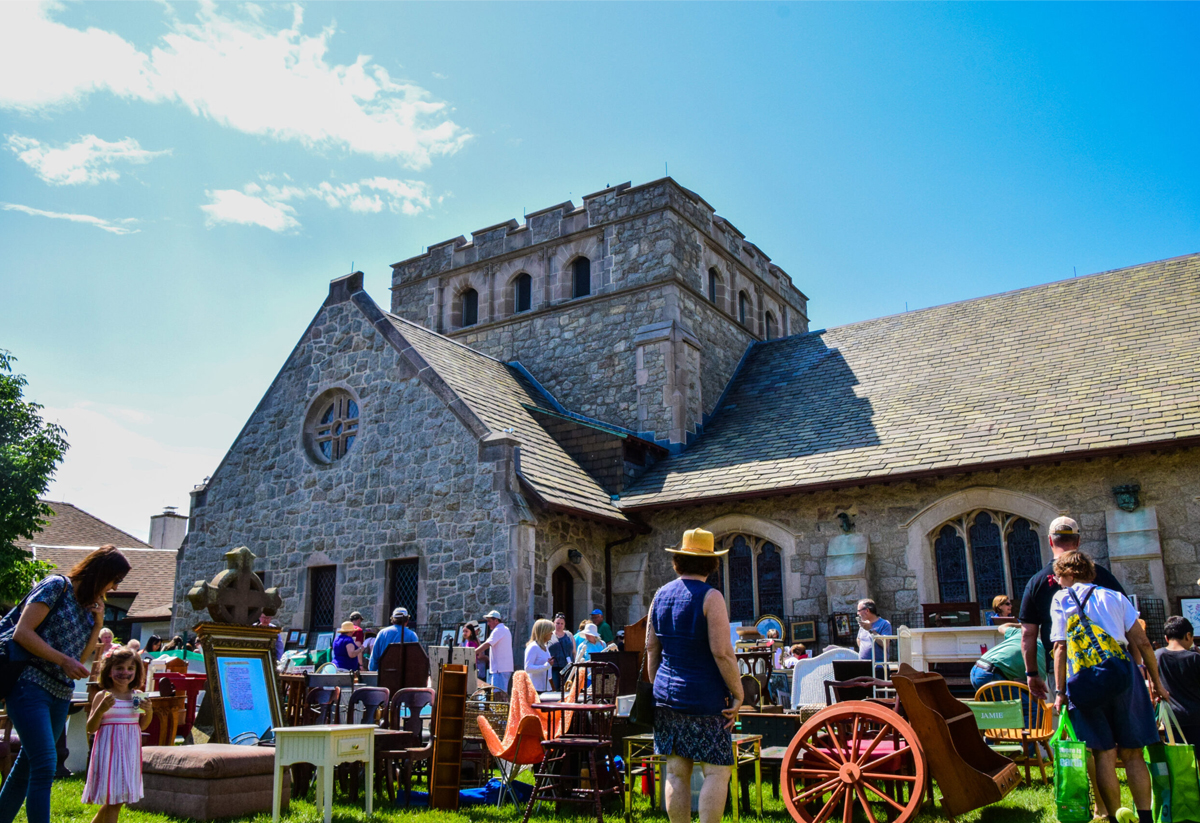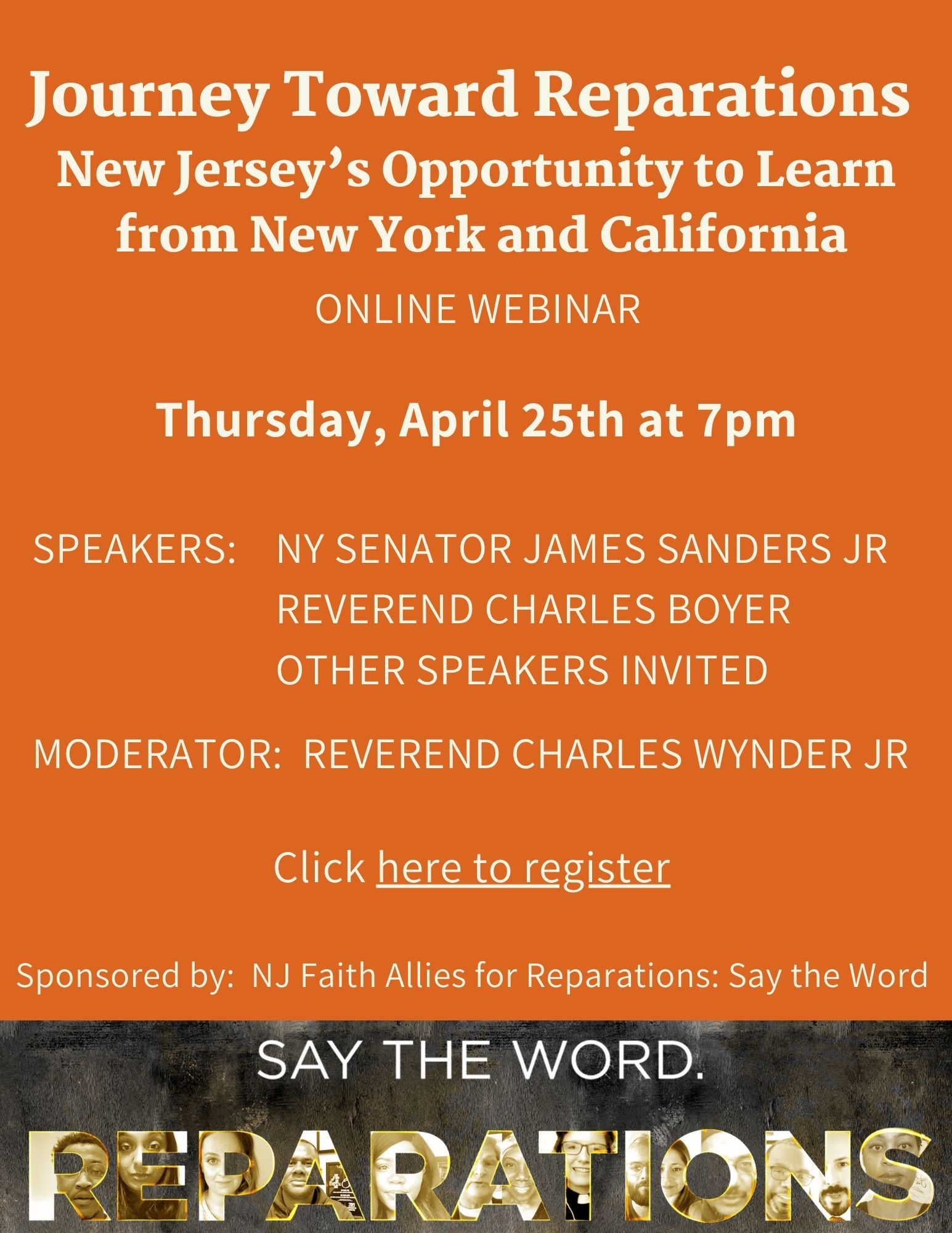Deep in the well of darkness amidst COVID shutdowns and feeling weirdly that we didn’t have much to do, even though we really did, there arose a new ministry at Holy Innocents’ Episcopal Church in Beach Haven, New Jersey.
Where were most folks spending their time, if not at desks in meetings inside buildings or heading out to dinner in groups? Outside, they were outside….in NATURE and on LBI, an ISLAND! An acute awareness of the gap in environmental focus in our own church prompted us to seek and discover liturgies, educational programs, and opportunities to serve God through the advocacy for and protection of creation.
Sparked by the exuberant passion of several parishioners and Mtr. Carson, a committee for environmental education, advocacy, and awareness was created. The good folks at Holy Innocents’ began to generate ideas for community environmental learning and activities open to all.
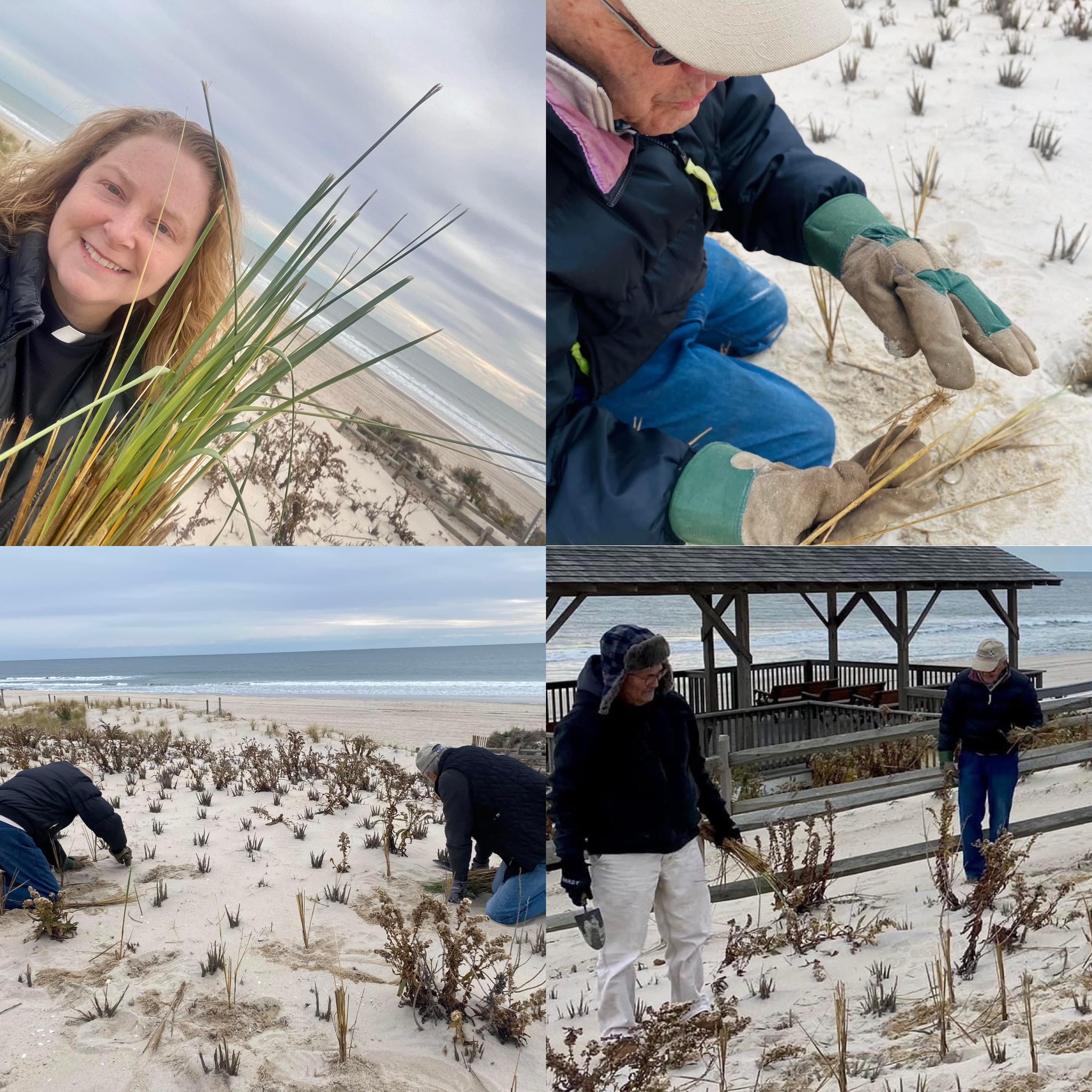 Environmental stewardship is both about how we interact responsibly with God’s creation and our awareness that we are part of this living sacrament. We take seriously the 5th Anglican Communion Mark of Mission “To strive to safeguard the integrity of creation, and sustain and renew the life of the earth.”
Environmental stewardship is both about how we interact responsibly with God’s creation and our awareness that we are part of this living sacrament. We take seriously the 5th Anglican Communion Mark of Mission “To strive to safeguard the integrity of creation, and sustain and renew the life of the earth.”
Mtr. Caroline Carson, former senior warden Rob Meyer, environmentalist and artist Mary Jane Mannherz, and columbarium manager Barbara Bishop, in addition to several others, created and sustain this ministry with hopefulness that people will be inspired and hearts will beat faster with excitement at being able to make a difference in protecting the living world around them.
This ministry has provided many opportunities for the public, such as:
- Beach clean-ups in collaboration with the ALO (Alliance for Living Oceans)
- Dune grass planting
- Winter and Summer Solstice Prayer and Info Walks
- Cranberry Bog walks
- Informative nature walk-and-talks hosted by professional environmentalists
- Walks with birders
- Full Earth Week offerings
- Premieres of environmental films with InterFaith Power and Light
- Volunteer work at the Edwin B. Forsythe National Wildlife Refuge at Holgate
- Liturgies to celebrate Creation
- Evening Prayers to celebrate dark skies
- Group attendance at environmental workshops
- Daily prayer and nature photo from Mtr. Caroline+
The workshops in particular meant a lot to our group. I asked three of our attendees to share their experiences here:
from Barbara P. Bishop
My Experience participating in Rutgers Environmental Stewards Program
Having spent most summers on Long Beach Island since 1955 I wasn’t sure I was willing to commit to living here full time. In 2010 the opportunity was afforded me and I moved here to our oceanfront older home. When I heard about the Rutgers Environmental Stewards program, I knew it would help put some scientific data on what I had been observing here at the coast for many years. The program did not disappoint. I enrolled in 2021 and because it was held during the COVID pandemic all of the 20 classes were held on-line. The first part of each 3 hour session included students from all of New Jersey and the last hour was a breakout group from the Lower Ocean, Atlantic, Gloucester, and Cape May counties. Topics ran the gamut from learning about soils to renewable energy. My particular interest was in the area of coastal impact so the sessions on Climate Change, Environmental Protection and the laws that protect our fragile environment were my favorites. As a capstone to the lectures each student performs an internship project of their choosing. I was able to dovetail into an ongoing DEP statewide initiative, Resilient New Jersey, with a specific project Resilient LBI. As part of the public engagement working group within Resilient LBI I have been able to provide input to the larger group of consultants, municipal and organizational representatives. Spreading the word to others about our specific coastal environment, educating permanent residents, renters and our day visitors is my particular focus.
We all need to be Environmental Stewards. Our world, given to us by our Creator, is ours to nurture, enjoy and maintain. We will not be given another chance to protect it for the next generations.
Genesis 1:31
And God saw everything that he had made, and behold, it was very good.
Psalm 24:1-2
The earth is the Lord’s and the fullness thereof, the world and those who dwell therein, for he has founded it upon the seas and established it upon the rivers.
from Rob Meyer
A reflection on being part of the Rutgers 2021 Environmental Stewards program.
In January of 2021 in the midst of Covid lockdowns I became aware of a wonderful opportunity, in conjunction with my work with the Environmental Education and Advocacy Committee at Holy Innocents’, our mission being: as a Parish, we will identify and implement programs that exercise environmental stewardship in a manner that respects and protects the integrity of God’s Creation and provides for the Common Good. I enrolled in the Rutgers Environmental Stewards program which has been training volunteers on how they can take action to help solve environmental problems in their communities since 2005. 60 hours of class work, covering subjects from Climate Change to Soil Conservation has led to an ongoing internship project that I have designed, in conjunction with Rutgers and local sponsors, to plant and maintain a Pollinator Garden at the Hunger Foundation of Southern Ocean Community Garden in Manahawkin. On completion of the internship I will proudly become a Rutgers Environmental Steward and will continue my work as a Steward of God’s wonderful creation.
from Mary Jane Mannherz
My Perspective on the Rutgers Environmental Stewardship Program
Before retiring to live on a fragile barrier island off the coast in New Jersey, I wondered what types of educational opportunities I would have, particular in learning the ecology of this area, the hard science behind this environment, and how to do my part protecting this island and promoting what I learn. It didn’t take long for me to discover the noted State colleges and universities in NJ, which each offer program and courses to adults seeking to further their education in the natural history and environmental science of this region. For me, this is Southeast New Jersey, and the universities are Stockton and Rutgers.
Rutgers University offers a certification program called Rutgers Environmental Stewards (RES), wherein one learns the science of the environment of NJ, as well as communication techniques, environmental regulations and local regulations so to promote and plan sound use of our resources. The 17 week, 3 hour sessions varied from in-person to online interactive lectures; topics concerned climate change, soil health, alternative energy, water resource protection, invasive species, habitat conservation, pollinator health, environmental policy, and more. The presenters were highly respected researchers and field professionals. Local field trips add to one’s understanding.
The goal of the RES program is “that Stewards use their knowledge to expand public awareness of scientifically based information related to environmental issues and help create positive change in their communities.”
After creating and completing an environmental project within our community, I started to spread the word among my friends and congregation members about this fantastic program. And what a perfect marriage of my commitment to be a disciple of Christ, and my love of and commitment to our environment. I highly encourage others who may in interested in learning about our State’s environment to consider enrolling in this program, and becoming an Environmental Steward.
I am SO PROUD of my parishioners! I’m also proud of our community here on Long Beach Island! LBI is a hub of activity already with the LBI Science Foundation and two local wildlife refuges. It is a hotbed of opportunity and a place that is experiencing direct and large land loss over many years. Living on this island means that we MUST be aware of how our presence and practices affect our immediate surroundings. Erosion is rampant, the spotted lantern fly is prevalent, and dune grasses are dying. We have plenty to work on and be aware of! May God grant us God’s blessing to continue our learnings and to gives us hearts for action and activity for the good of all God’s creation!—Mtr. Caroline+
For more information or for ideas on how you can start similar programs or how you yourself can get busy protecting and advocating for our environment, contact Caroline Carson

